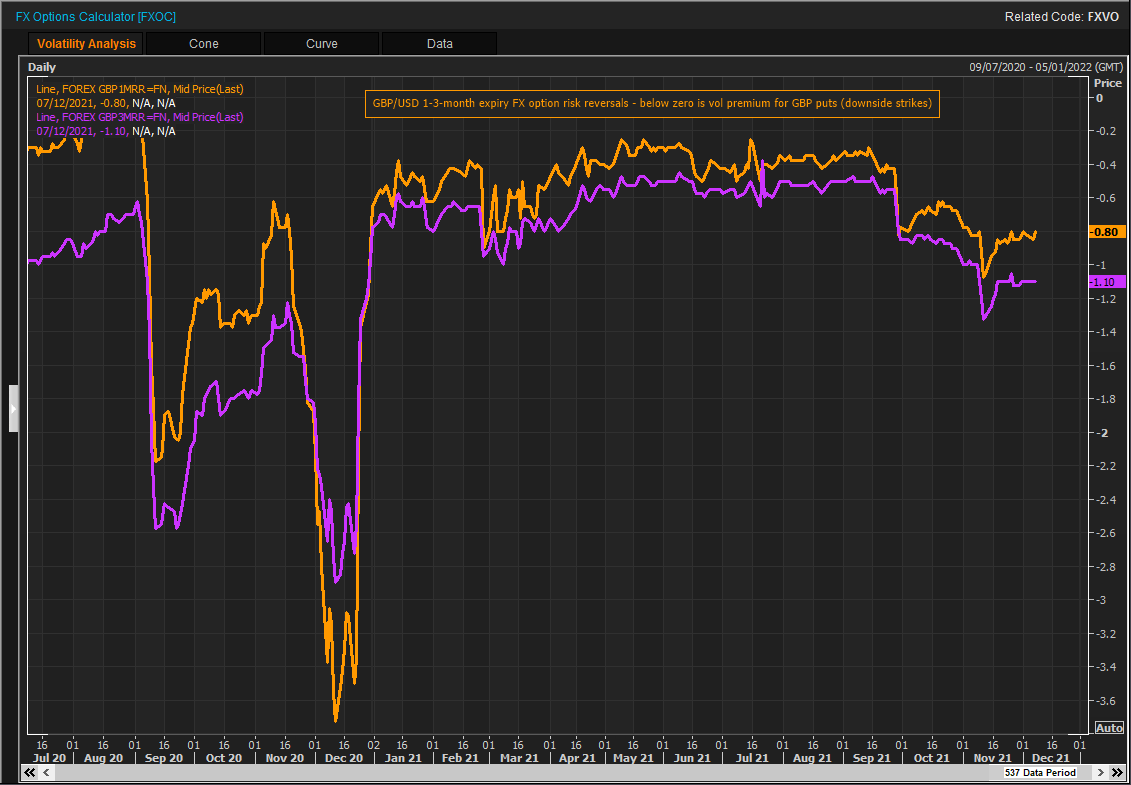
It is responsible for protecting investors and their investments among many other functions of the Securities and Exchange Commission. The Securities and Exchange Commission (SEC) is an independent agency of the federal government. It oversees the US stock markets, stock exchanges, as well other securities markets. It is empowered to investigate and prosecute violations relating to securities laws.
The SEC's mission aims to promote fair and transparent capital markets as well protect investors from abuse and fraud. The United States Stock Market Commission is responsible for overseeing all aspects of the stock market. It also facilitates capital investment. It also provides information and acts in an administrative capacity for capital market decisions. These functions are not the only ones that the commission fulfills. The commission also conducts research and audits.
There are many divisions that run the operations of the Commission. It has a Division of Enforcement that investigates and prosecutes case, and a Division of Trading and Market that manages the day to day operations. The commission also has a section of investment management, which regulates various investment companies as well as investment advisors.

The SEC also maintains a Division of Risk and Economic Analysis. It helps maintain a fair and organized securities market. The commission also maintains an online database called EDGAR that accepts complaints and tips from investors. EDGAR also accepts evidence proving violations of securities laws. The Justice Department also collaborates with the commission to prosecute criminal cases related to securities law violations.
The Commission also works with the Securities and Exchange Commission Act, which was created by Congress in 1934 to establish a statutory body to govern the securities market. The SEC is a regulator that oversees the activities and operations of more 600,000 businesses. It can also investigate and prosecute violations of securities law. It is also responsible in registering companies and other intermediaries on the securities market.
SEC also strives to improve secondary market and primary market. In 2006, 86.7% percent of complaints were resolved. This represents a significant improvement over the previous year, when the number of complaints was just 5%. The SEC is responsible for regulating securities law violations. It also collaborates with the Justice Department in prosecuting and settling criminal cases.
The SEC has also been working to enhance its own internal control and information security capabilities. The commission is actively moving to the cloud and is using innovative technologies to improve its work. The technology allows the commission to gain new insights and generate more value for the public. It will also allow the SEC improve its ability to manage risk, increase security, and make it more accessible. It will also enable the SEC to better detect fraud and prevent it from happening.

New technologies are transforming the capital markets. These technologies are bringing new competitors into the markets, and lowering transaction costs. Markets are also receiving new business models and financial services. New technologies also put additional pressure on the SEC's resources. The SEC must continue to implement new technology in order to keep up with these changes.
FAQ
What is a fund mutual?
Mutual funds can be described as pools of money that invest in securities. Mutual funds offer diversification and allow for all types investments to be represented. This reduces risk.
Professional managers oversee the investment decisions of mutual funds. Some funds let investors manage their portfolios.
Mutual funds are more popular than individual stocks, as they are simpler to understand and have lower risk.
How do people lose money on the stock market?
The stock market is not a place where you make money by buying low and selling high. You can lose money buying high and selling low.
The stock market is an arena for people who are willing to take on risks. They will buy stocks at too low prices and then sell them when they feel they are too high.
They hope to gain from the ups and downs of the market. They might lose everything if they don’t pay attention.
Why is a stock called security.
Security is an investment instrument whose worth depends on another company. It can be issued by a corporation (e.g. shares), government (e.g. bonds), or another entity (e.g. preferred stocks). The issuer promises to pay dividends and repay debt obligations to creditors. Investors may also be entitled to capital return if the value of the underlying asset falls.
Who can trade in the stock market?
Everyone. But not all people are equal in this world. Some have better skills and knowledge than others. They should be recognized for their efforts.
There are many factors that determine whether someone succeeds, or fails, in trading stocks. You won't be able make any decisions based upon financial reports if you don’t know how to read them.
These reports are not for you unless you know how to interpret them. Understanding the significance of each number is essential. You should be able understand and interpret each number correctly.
You'll see patterns and trends in your data if you do this. This will help to determine when you should buy or sell shares.
This could lead to you becoming wealthy if you're fortunate enough.
How does the stock exchange work?
When you buy a share of stock, you are buying ownership rights to part of the company. A shareholder has certain rights over the company. He/she has the right to vote on major resolutions and policies. The company can be sued for damages. He/she can also sue the firm for breach of contract.
A company cannot issue any more shares than its total assets, minus liabilities. This is called "capital adequacy."
A company with a high capital adequacy ratio is considered safe. Companies with low capital adequacy ratios are considered risky investments.
How does inflation affect the stock market?
The stock market is affected by inflation because investors need to pay for goods and services with dollars that are worth less each year. As prices rise, stocks fall. This is why it's important to buy shares at a discount.
Statistics
- Individuals with very limited financial experience are either terrified by horror stories of average investors losing 50% of their portfolio value or are beguiled by "hot tips" that bear the promise of huge rewards but seldom pay off. (investopedia.com)
- Our focus on Main Street investors reflects the fact that American households own $38 trillion worth of equities, more than 59 percent of the U.S. equity market either directly or indirectly through mutual funds, retirement accounts, and other investments. (sec.gov)
- Ratchet down that 10% if you don't yet have a healthy emergency fund and 10% to 15% of your income funneled into a retirement savings account. (nerdwallet.com)
- The S&P 500 has grown about 10.5% per year since its establishment in the 1920s. (investopedia.com)
External Links
How To
How can I invest into bonds?
An investment fund is called a bond. Although the interest rates are very low, they will pay you back in regular installments. This way, you make money from them over time.
There are many options for investing in bonds.
-
Directly purchasing individual bonds
-
Buying shares of a bond fund.
-
Investing via a broker/bank
-
Investing via a financial institution
-
Investing through a pension plan.
-
Invest directly with a stockbroker
-
Investing through a mutual fund.
-
Investing through a unit trust.
-
Investing using a life assurance policy
-
Investing with a private equity firm
-
Investing via an index-linked fund
-
Investing through a hedge fund.